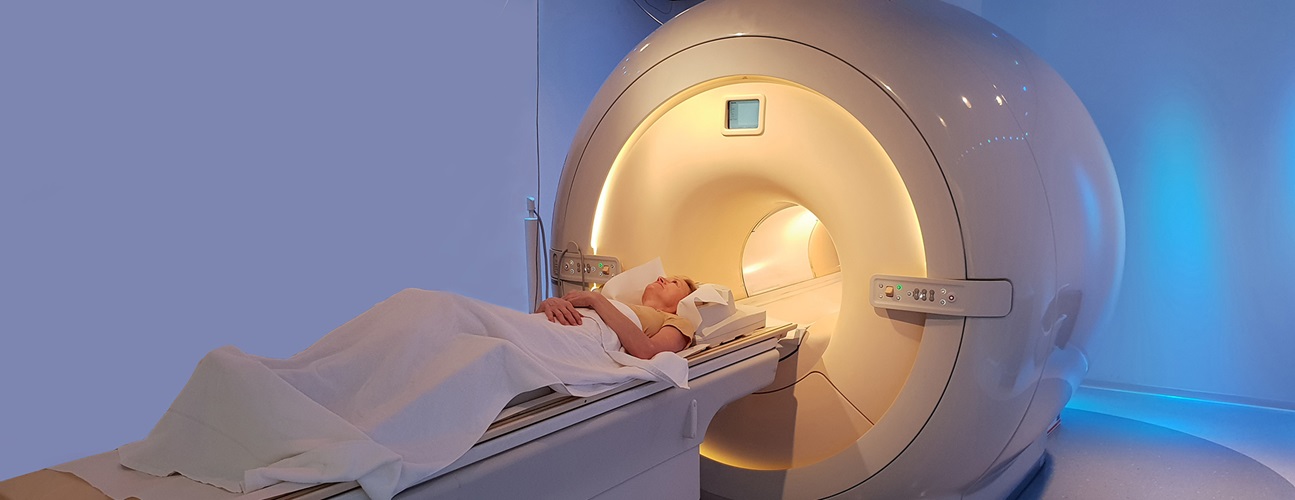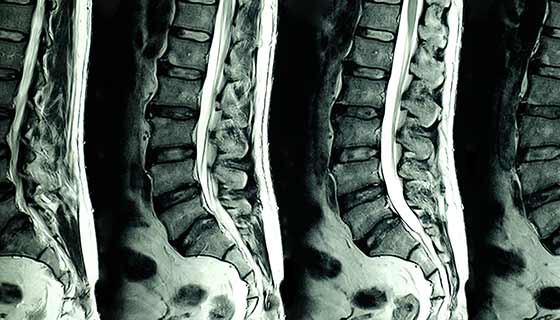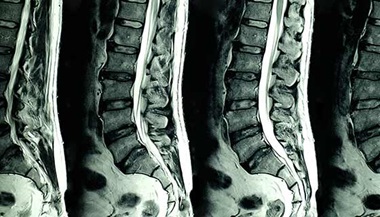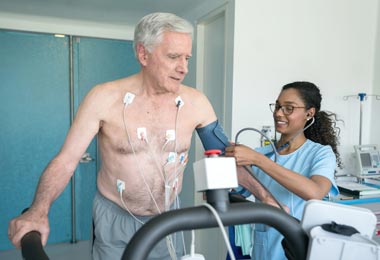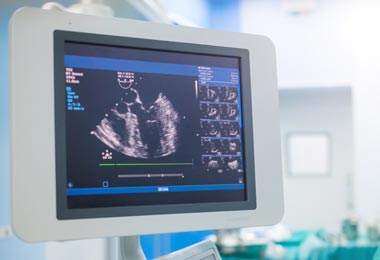Coronary Computed Tomography Angiography (CCTA)
Featured Experts:
Coronary computed tomography angiography (CCTA) is a noninvasive 3D imaging test that identifies plaque and blockages or narrowing (stenosis) of the coronary arteries. During the test, a dye is injected through an intravenous (IV) line in the hand or arm, and computed tomography (CT), a combination of X-rays and computer technology, is used to produce images from inside the body.
Johns Hopkins cardiologist and director of the Cardiac Computed Tomography Program, Dr. Armin Zadeh, explains why a CCTA may be needed and what to expect.
What is a CCTA?
A CCTA is a diagnostic test that produces detailed 3D images of the arteries in your heart to detect abnormalities in how blood flows through your heart and to diagnose cardiovascular disease. It is sometimes used to determine overall function of the heart. An abnormality of the arteries may include plaque buildup, which may consist of calcium, cholesterol or fat that can lead to cardiovascular diseases like coronary artery disease or heart failure.
Patients undergoing a CCTA are injected with a nontoxic contrast dye that makes blockages and other abnormalities more visible.
A CT scan is an X-ray test that creates cross-sectional images of your body. A CCTA produces images of the heart when contrast dye is injected to highlight diseased areas.
Why would I need a CCTA?
You may need a CCTA if you have symptoms of cardiovascular disease or if you are diagnosed and your doctor needs more information about your condition. Reasons for a CCTA may include:
- Abnormal test results (stress testing, echocardiogram, electrocardiogram)
- Abnormal coronary artery structure
- Risk for developing coronary artery disease
- New or worsening coronary artery disease symptoms
- You have undergone coronary artery bypass graft (CABG) surgery
A CCTA can also determine any type of heart disease, including heart structure or aortic abnormalities.
Noninvasive Cardiovascular Imaging at Johns Hopkins
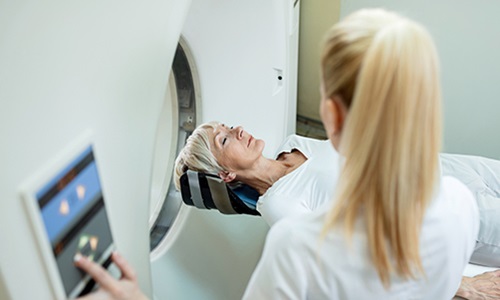
Our specialists provide advanced imaging of the heart and vascular system for an accurate diagnosis.
How do I prepare for a CCTA?
Your doctor may ask you to not eat or drink anything several hours before your CCTA. You may be asked not to exercise or consume caffeine before the test. Let your doctor know if you have a history of heart disease, allergies, recent illness or other medical conditions.
You should let your doctor know if you are pregnant, may be pregnant or are breastfeeding before scheduling a CCTA. Please tell your doctor about medications you are taking.
Remove any glasses, jewelry, piercings or metal objects, as they may interfere with the images produced by the CT scan.
How is a CCTA performed?
During a CCTA, your nurse or technologist will direct you to lay down on the table of the CT machine and will then place electrodes (small, plastic disks) on your chest that are connected to an electrocardiograph (ECG) monitor, which records your heart’s electrical signals at rest.
Your nurse or technologist will insert an IV line containing the contrast material through your arm or hand. As the table moves through the scanner it will take several images at different angles for precise imaging. Your nurse or technologist may ask you to hold your breath and remain still, as slight body movements may impact the quality of the imaging produced by the CT machine.
To minimize the motion of the heart during imaging, you may be asked to take medications to lower your heart rate prior to the procedure. These are commonly prescribed medications, such as beta blockers. You may also be asked to take nitroglycerin just prior to scanning to make your arteries more visible.
After a CCTA, your nurse or technologist will remove the IV and you can return to normal daily activities. Your results will be examined by a radiologist, a physician who interprets radiology exams and will discuss the findings with your doctor.
What are the risks of a CCTA?
There is a slight risk for cancer development years after exposure to radiation, but the amount of radiation from CT imaging is very small.
Although very unlikely, the contrast material may worsen kidney function, particularly if you have poor kidney function to begin with, or contrast material may leak from the injection site, causing skin irritation or damage to the blood vessels and nerves close to where the contrast material was injected.
Like most medications or media, contrast material can trigger an allergic reaction, which may manifest through a skin rash or itching, and very rarely may result in anaphylaxis, a life-threatening condition.
There is a potential risk to unborn babies if patients are pregnant and undergo a CCTA or any other type of X-ray. You will be asked to undergo a pregnancy test if you are of childbearing age.
Medications given prior to the scan for lowering your heart rate or widening your arteries sometimes cause a drop in blood pressure, which may result in lightheadedness or headaches. Very rarely, these medications cause shortness of breath and worsen preexisting heart failure.
You will be closely monitored throughout your visit for any side effects.
Cardiac Imaging at Johns Hopkins Medical Imaging

Our cardiac imaging radiologists are subspeciality trained experts in interpreting imaging of the cardiac system with convenient locations in the Baltimore and Washington, D.C. area.

